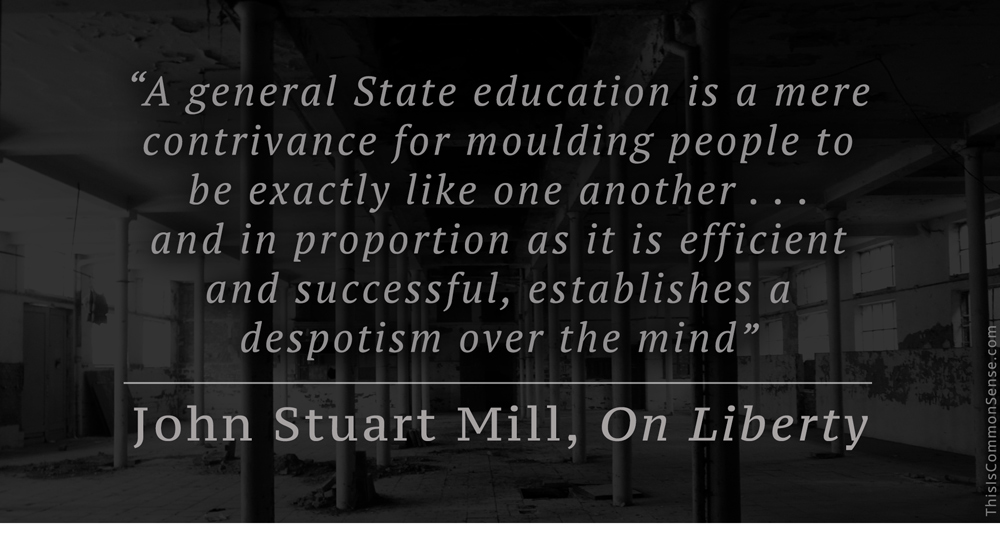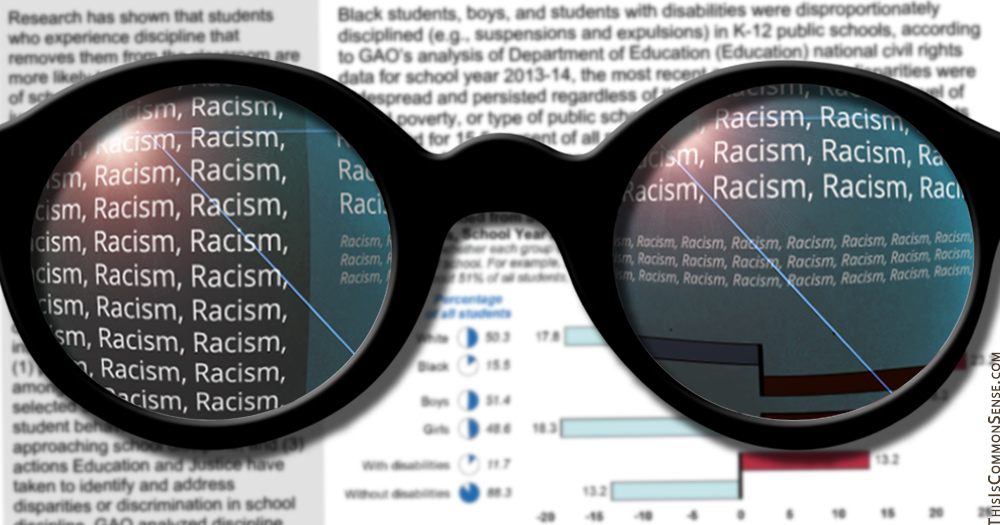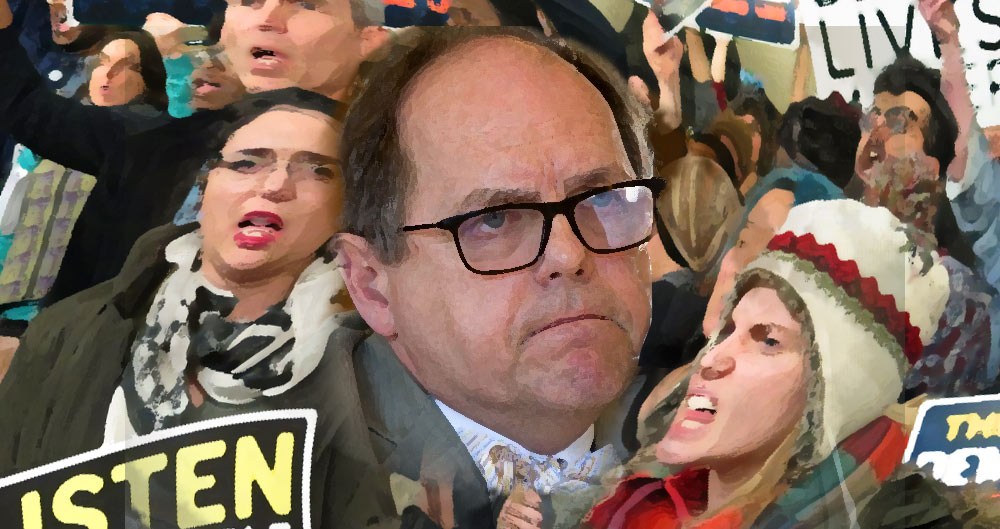Voters, we are told, are amazingly ignorant. So, what to do?
“Ultimately, the ideal democracy is one in which as many citizens as possible vote,” writes Dambisa Moyo at The Guardian, “and the voters are armed with the most objective information. Yet today only a fraction of the electorate are voting, and many are armed with a diet of hyped-up statistics and social media propaganda.” Among her proposals is a voting booth access test: “why not give all voters a test of their knowledge?”
I can think of a whole bunch of reasons, as can Ilya Somin, over at Volokh Conspiracy, who considers just a few. One of the more interesting is this: whereas Moyo has no wish to shove poor people out of the voting booth, and so envisions public schools to teach to the test — “the knowledge needed should be part of the core curriculum” — Somin quotes John Stuart Mill about the very political dangers of the very idea of public schooling: “A general State education,” wrote Mill in On Liberty, would inevitably be devised to please and serve “the dominant power in the government, whether this be a monarch, an aristocracy, or a majority of the existing generation” and must constitute “a despotism over the mind.”
Though Moyo does observe incumbency and political careerism as big problems, she is innocent of the more fundamental issues.
Indeed, she does not consider the obvious: today’s voter ignorance of politics and government is in no small part the result of government schools.
For politicians, general ignorance is not a bug, it’s a feature.
Let’s look for solutions to political problems that do not give politicians more power.
This is Common Sense. I’m Paul Jacob.











